Two Koreas, US-led UN Command hold trilateral talks on disarming border
North Korea, South Korea, and the US-led United Nations Command (UNC) have held their first talks on demilitarizing the heavily-fortified border between the two Koreas as part of a deal signed last month between Seoul and Pyongyang.
The diplomatic talks, led by colonel-level military officials from each side, began behind closed doors in the truce village of Panmunjom on Tuesday.
“The first meeting between the South, North and the UNC on disarming the Joint Security Area (JSA) will take place at 10am today at Panmunjom,” the South Korean Defense Ministry said in a message sent to reporters early in the morning.
The two Koreas, which are technically still at war since 1953, agreed last month to take steps toward peace by turning the Korean Peninsula into a “land of peace without nuclear weapons and nuclear threats.”
Under a deal signed at a summit between the South’s President Moon Jae-in and North Korean leader Kim Jong-un in the North’s capital, Pyongyang, they agreed to halt military exercises, gradually remove landmines and guard posts within the Demilitarized Zone (DMZ), and establish an extensive no-fly zone near their border.
As an initial step, the two sides began removing landmines at the JSA earlier this month, and are due to withdraw “unnecessary” surveillance equipment once the landmine work is completed.
According to the South’s Defense Ministry, the measures would transform the border into a “place of peace and reconciliation.”

“Most of the operations will actually be executed by the two Koreas but ensuring UNC support matters, as it has US elements and also manages the Military Armistice Commission,” a South Korean military source said on the condition of anonymity.
The two sides also agreed on Monday to begin reconnecting rail and road links. The move would allow reunions for families separated by the Korean War, and would pave the way for the potential co-hosting of the 2032 Summer Olympics.
Past UNC obstruction
Earlier last month, and before Moon and Kim held their third summit, the two sides planned to begin a joint field study by sending a train from Seoul across the length of North Korea all the way to Sinuiju on the Chinese border.
However, the UNC, which controls all movements through the DMZ, blocked the project.
In June, US President Donald Trump met the North’s leader in a summit in Singapore, during which the two sides agreed to work toward denuclearization.
The North had already taken several steps. The US has taken none.
The North agreed earlier this month to allow international inspectors into a missile engine test facility and the Punggye-ri nuclear testing site, according to US Secretary of State Mike Pompeo, who was on a visit to Pyongyang on October 8.
In return, Pyongyang is seeking relief from harsh international sanctions — mostly spearheaded by the US — imposed on the country over its nuclear and missile programs. The US, however, has not offered any such relief. It has even blocked a move by Seoul to lift a broad trade and investment embargo imposed on the North in 2010.
Trump immediately reacted to the news of the potential lifting of the embargo last week, saying the South could “do nothing without our approval.”
Trump and Kim are expected to hold a second summit, according to US officials.
On Tuesday, North Korea’s official Korean Central News Agency (KCNA) published an article which condemned Washington for making an “evil” attempt by maintaining sanctions against Pyongyang.
The article warned that negotiations would not go forward even “an inch with an obstacle called sanctions.”
Washington is playing a “double game, and that its actions are “little short of destroying” the rare diplomatic opportunity between the two countries, the article said.
The UN Security Council has imposed several rounds of tough sanctions on North Korea since 2006 over Pyongyang’s nuclear and ballistic missile programs, which it has defended as a means of defense.
VIDEO | US continues starving Syrians, stealing their resources
Yemeni forces strike Israeli ship, Port of Eilat in solidarity with Gaza
Columbia, Yale students bent on ending US support for Israeli genocide
VIDEO | Genocide in Gaza
Iran calls on BRICS to play role in stopping Israeli crimes
President Raeisi’s historic visit opens new chapter in Iran-Pakistan ties
Russia: Poland’s talks on hosting US nuclear weapons ‘dangerous’
VIDEO | Israel’s genocide bounty



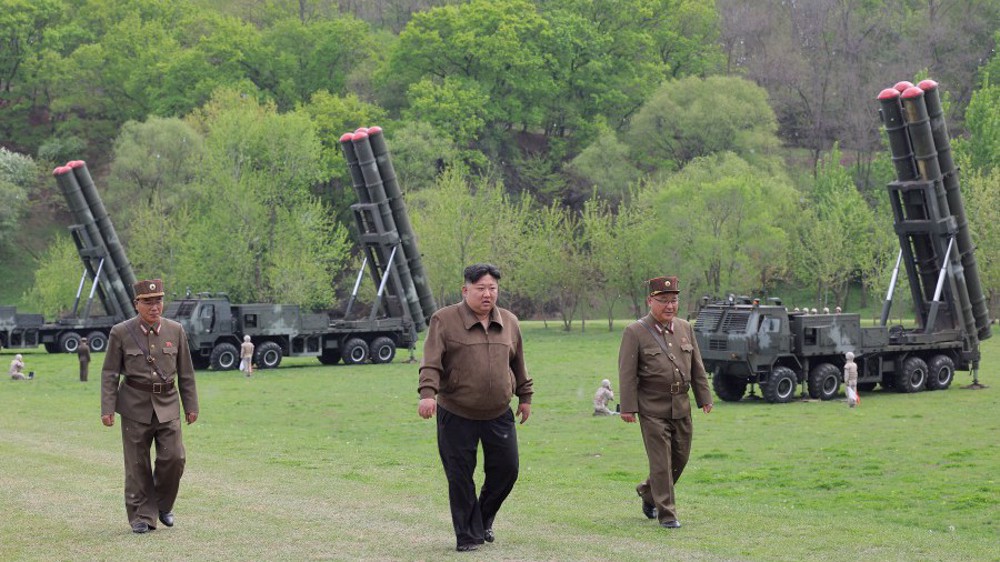
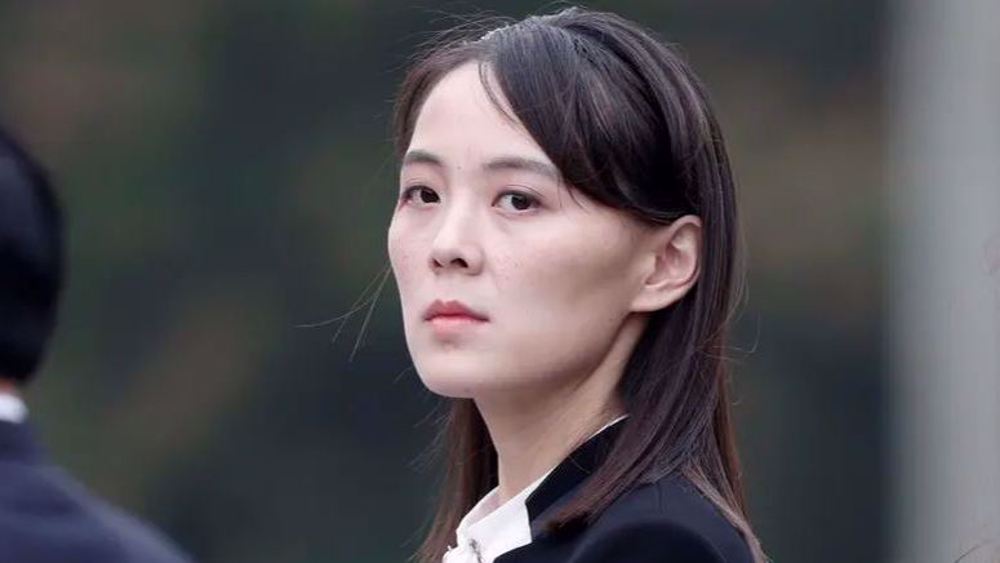
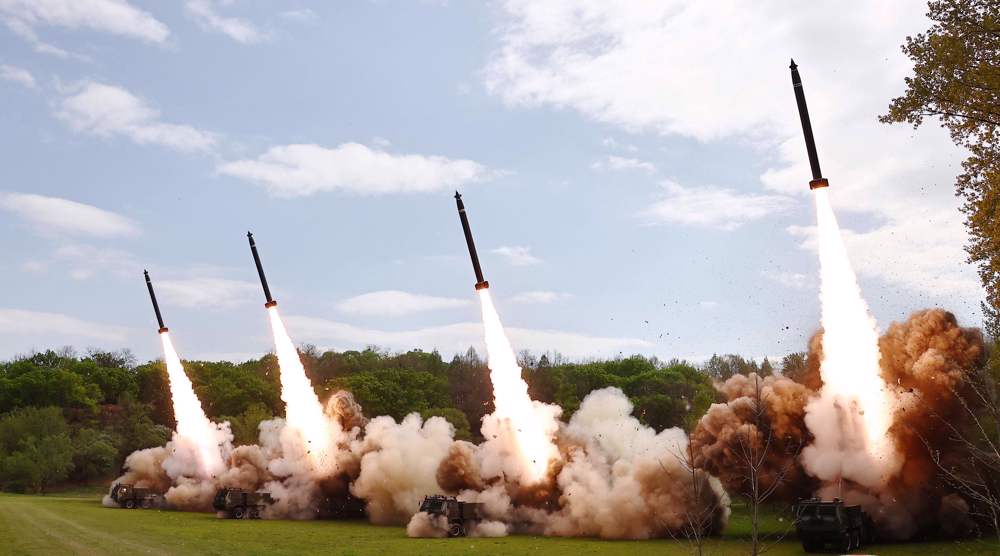




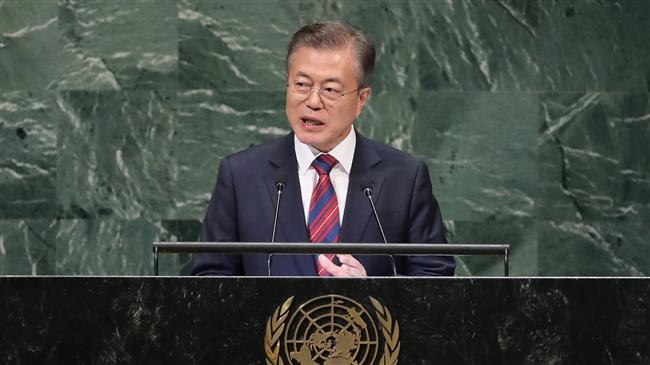
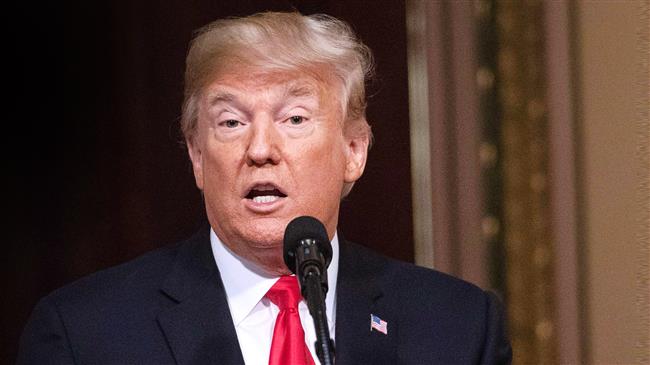

 This makes it easy to access the Press TV website
This makes it easy to access the Press TV website